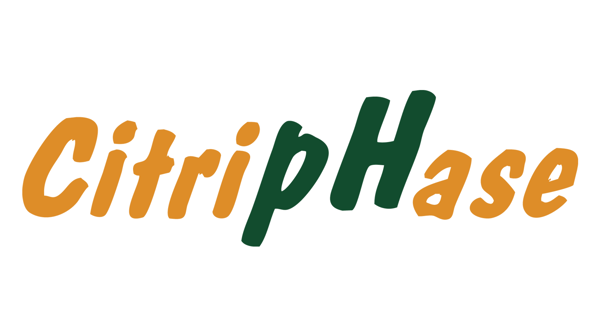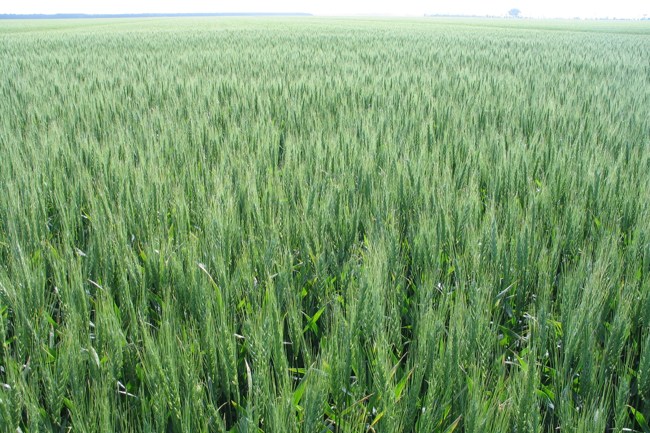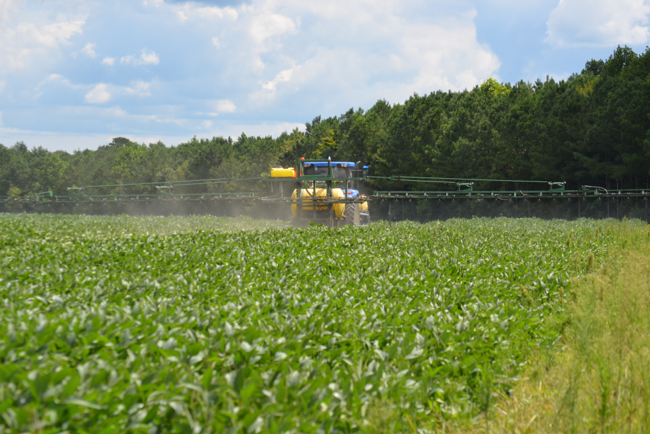CitripHase
An acidifying/buffering agent used to lower the pH of spray solutions and bind up hard water ions

Water pH
How pH affects the effectiveness of spray applications
Many water sources have pH values between 7 and 9 (neutral to alkaline). There is some variability in these values even if they are within the same hydrologic region. Both surface and ground water pH values fluctuate over time and even seasonally. If you know that your mix water source has a pH of 7.5 or greater, consider lowering the pH, especially if you are applying a pesticide that is sensitive to high pH. A pH of 4 to 7 is recommended for mixing most pesticides; a value of 5.5 to 6.5 is ideal.
CitripHase is an acidifying/buffering agent used to lower the pH of spray solutions and bind up hard water ions. It aids in the prevention of decomposition of alkaline sensitive pesticides due to hydrolization and increases efficiency of pH sensitive crop protection products.
If your spray rig will be left to stand for several hours or overnight before the contents are applied, consider adding CitripHase to prevent alkaline hydrolysis.

Features and Benefits
- Lowers the pH of spray solutions and binds up hard water ions
- Aids in the prevention of decomposition of alkaline sensitive pesticides due to hydrolization
- Increases efficiency of pH sensitive crop protection products

Application
- Because of the nature of this product and its ability to substantially reduce spray solution pH, it is recommended that this product not be used in low volume (high concentration) applications with fixed copper fungicides.
- For most applications the rate of CitipHase is 1-2 quarts per 300 gallons of spray solution.
- Due to variation in materials, water and other conditions, the optimum use rate may vary.